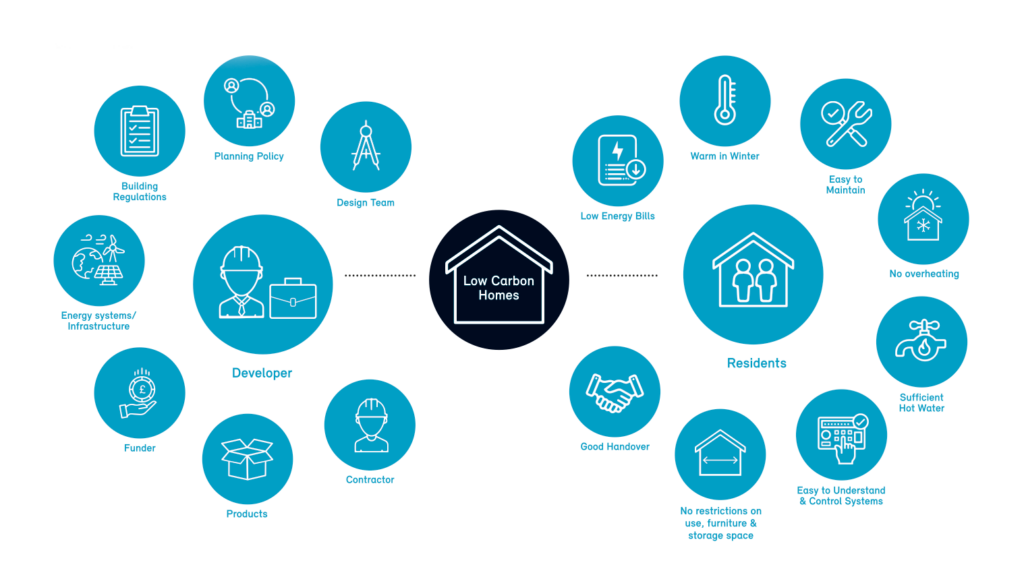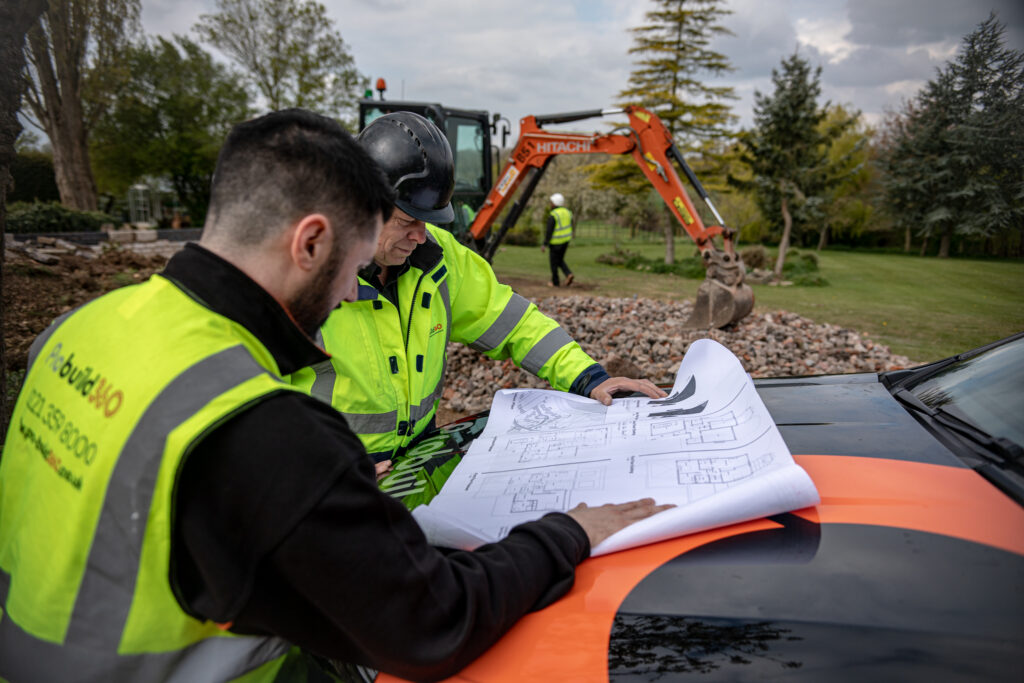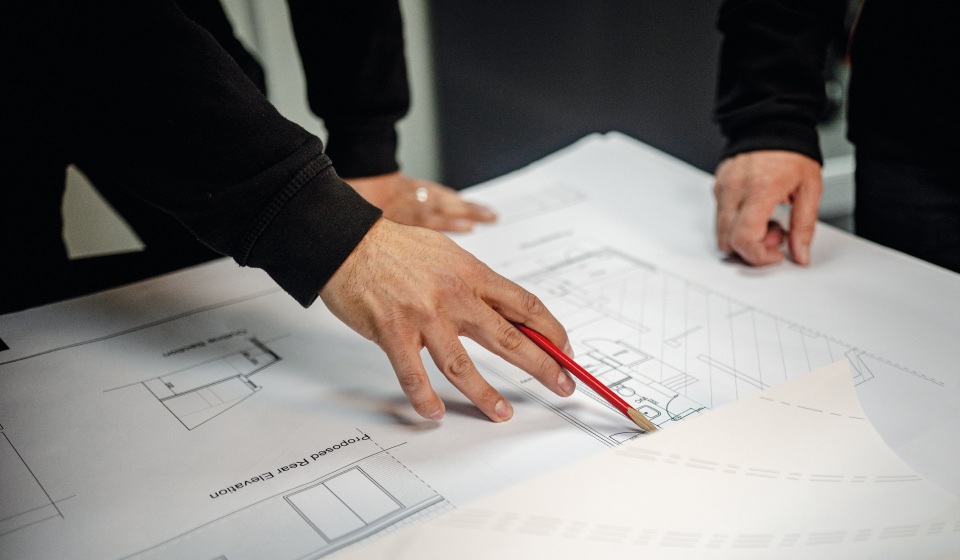For homeowners, the construction industry can often seem impenetrable. We believe that our clients deserve a full, transparent understanding of the services they require and the industry they employ. To provide that, we are transforming our blog space into a much-needed accessible, educational space.
For example, it is well known that domestic construction is considering its options for the future of sustainability but not many have an in depth understanding of the policy frameworks. With this in mind, let’s evaluate a couple of points from the executive summary of BEIS’ report from November 2022, Building for 2050: Low Cost, Low Carbon Homes.

Perhaps the most significant statistic highlighted within the publication is that 60% of the residents involved in the study cited cost as the main barrier against buying or building a low carbon home. With the development of new technology inevitably comes a higher price tag but should there be a ceiling on cost for the promise of ethics and efficiency? As the summary suggests, the technology and its supply chain are not yet at the point where their incorporation into new homes is commercially viable. Despite this, we do not think that the lack of refinement should discourage homeowners from considering all of their low carbon system options.
Take for example the Fabric First Approach (FFA), as championed by the National Federation of Builders (NFB) and the House Builders Association (HBA). It is one of the best value-for-money strategies for a low carbon home and is not system-based. With the Fabric First Approach, the combination of a quality designer and quality builder can create a home whose very structure eliminates inefficiencies that are typically characteristic of poorer quality homes.


Residents also cited concerns about performance, reliability and maintenance of the technologies as the second largest barrier. The residents in the study, and homeowners more generally, are definitely not alone! Many industry professionals have highlighted that we are currently too light in data to be able to make definitive judgments. To combat this, we need to see more research – like Project 80 – carried out. Project 80 is a Birmingham based sustainable homes research study that monitors both the performance of systems and the resident satisfaction across 4 local developments. With regular and comprehensive data collection, projects like these will provide the necessary insights to better understand the reliability and performance of system-based homes on a larger scale.
The conclusion is that greater emphasis needs to be placed on you – the end users. More substantial focus on running costs at design and construction stage and an increase in both experience and education will help to combat the main issues felt by consumers. With this, the future of low cost, low carbon homes might just deliver a new way of living!
Look out for our next blog which will discuss affordability in construction and the impact that VAT has on this.




